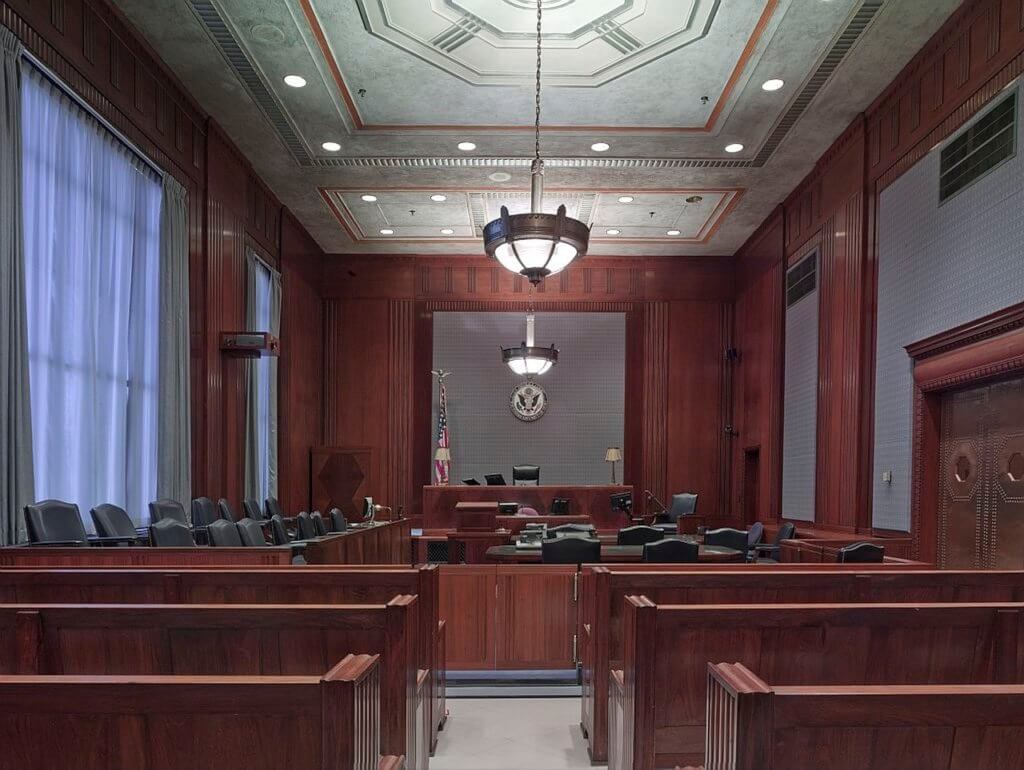Lawyers tend to enjoy a well-earned career after law school accredited investing years in continuing legal education and training as an associate. While the path from law student to a successful lawyer will be different for each person pursuing law, there are numerous similarities in lawyer’s working conditions.
Working Hours
Successful criminal lawyers will work hard and put in long hours at the office. It can be expected that most lawyers will sacrifice their evenings and weekends to work with clients. This is due to many clients being preoccupied with their own 9 to 5 day jobs and cannot get time off work to visit a lawyer for legal aid.
Salaried trial lawyers and associates may work according to a structured schedule. They may follow a strict 8 hour work day and only offer more when demands at the office grow.
Private lawyers and solo practitioner typically have irregular working hours. If they have their own practices or started their own law firm, they will spend more time implementing marketing strategies, writing a blog, conducting research, consulting clients, and preparing documents.
Overall, lawyers may be billing clients 40 to 50 hours per week when they are actually working 55 to 70 hours a week (or more).
“Seasonal” Lawyers
Seasonal lawyers can be considered as those specialized lawyers who provide specialized legal services at particular periods throughout the year. One example of a seasonal lawyer would be tax lawyers.
However, the work a lawyer provides is not exactly seasonal. Instead, they may experience spikes in the intake of clients and increasing caseloads. During this time, these lawyers may experience greater levels of stress, longer work hours, and higher pay.
Freelance / Remote Lawyers
Instead of working as a salaried lawyer at a corporate law firm, there is the possibility of becoming a freelance or remote lawyer. These kinds of lawyers find various contracts by working with established firms and government agencies.
Freelance lawyers have much more flexibility with their time and client caseloads. They can have their own office or they can work from the comfort of their own home.
The range of opportunities is greater for freelance lawyers which allows them to work in various jurisdictions. Since they will be working with attorneys at an establish firm, they are the ones who sign off and the duties lawyers finalize legal documents which the freelance lawyer assisted on.
24/7 Access
In some cases, lawyers may have to provide 24/7 on-call access. Depending on the demands of the case, clients may require contact with their lawyers to help handle legal obligations in their particular situation. Offering 24/7 access to a lawyer is common for high-profile civil and criminal cases, and not typically provided by most firms.
However, in order for some law firms to remain competitive, there are 24/7 services that provides access to lawyers at any time of the day. This is particularly useful property for law students and for intaking new clients who may call an office for information when it is urgent for them to find an answer. There is a list of outsourcing solutions for lawyers that allows law firms to have round the clock access.
Relationship Demands
Lawyers are expected to have strong interpersonal skills since they will be working with clients dealing with a wide range of emotional and legal issues and personal situations.
Clients coming into an office may be angry, unhappy, or emotional upset because of their legal situation. Depending on how a lawyer communicates with their clients, it could make the difference between another successful case in civil law or an unfortunate pursuit of malpractice.
Having the social skills are critical for a lawyer to maintain their private legal practice as well. Lawyers will spend a significant amount of time communicating with their clients. They will use the telephone, e-mail, memos, letters, and other forms of communications to rely on information to their clients and other legal professionals.
Expectations and Responsibilities
Lawyers have demanding working conditions requiring attention to details, precision with communications and writing skills, and attentive decision making. If there’s an error in a lawyers judgment or action, it could result in delays and improper rulings in the courtroom.
Lawyers are greatly responsible for the outcome of their client’s case, which ultimately affects their lives and reputations. In some cases, lawyers are solely responsible for the decisions they make which can have an overall impact on a whole constitutional law firm. If firm’s don’t agree with their lawyer’s decision making or if it jeopardizes the profitability and ethics of environmental lawyers in a firm, lawyer’s can lose their jobs.
The workload for lawyers requires intensive research legal writing and investigation. Lawyers are expected to perform the same mental tasks in and out of the office. They may also have to follow a dress code.
In The Courtroom
When a lawyer goes to court, they serve as the representative of federal government for their client; they provide advice to other lawyers advise their clients; they explain the legal rights, obligations, and appropriate actions; they are an advocate of law and assert their client’s position; they negotiate terms and ensure an honest outcome; they evaluate evidence and structure compelling arguments; they write reports and summaries of the outcomes of their client’s legal affairs.
Lawyers going to court must act professionally and provide prompt support to their clients. In these situations, tensions can be high because rulings in criminal law and civil cases can completely alter a client’s life. While a lawyer may serve as a beacon of hope for their clients, they must also adhere to the Rules of Professional Conduct outlined by the American Bar Association (ABA) and protect themselves from being sued from malpractice.
Competition
Lawyers experience a significant amount of competition throughout their career. It begins with they attend law school, competing to enter some of the best law schools in the country. Those who get into those many law schools have a greater chance of landing a job at a high-paying firm.
If a lawyer does get hired as an associate in patent law alone, they must learn their trade while also proving useful to the firm. If an associate is offered to become a partner, they not only receive more legal work which provides more money, but they also hold greater responsibility regarding the profitability of lawyers work for the firm.
Law firms are constantly competing for clients in their district and legal offices. Having the right marketing strategy can make all the difference for those lawyers that succeed and those that close office after a year or two of practice.
How to restore balance to your work-life as a lawyer
It may be easier to manage legal hours and be well-balanced, but it make a lawyer’s working conditions more difficult. Here are several ways legal professionals may benefit from longer employment hours.
As a lawyer, it can be challenging to maintain a balance between work and personal life, but it is essential for your overall well-being and long-term success. Here are some tips to restore balance to your work-life as a lawyer:
- Set Boundaries: It’s essential to set clear boundaries between your work and personal life. Create a schedule that allows you to have dedicated time for work, as well as personal activities such as exercise, hobbies, or spending time with family and friends.
- Prioritize: Make a list of your priorities, both professional and personal. Focus on the most critical tasks and delegate or outsource some of the less critical ones to free up your time.
- Learn to Say No: Don’t feel guilty about saying no to additional work or commitments that may interfere with your work-life balance. It’s essential to learn to prioritize and protect your time.
- Take Breaks: It’s essential to take breaks throughout the day to recharge and avoid burnout. Take a walk, grab lunch with a friend, or engage in another activity that helps you relax and recharge.
- Unplug: Make a conscious effort to disconnect from work-related communication when you’re not working. Turn off email notifications, and set aside specific times for checking and responding to emails and messages.
- Seek Support: It’s essential to have a support system, whether it’s family, friends, or a mentor. Share your concerns and challenges with them, and seek their advice and support.
By following these tips, you can restore balance to your work-life as a lawyer and maintain your overall well-being and long-term success practice law yourself.
Is being a lawyer a stressful job?
Yes, being a lawyer can be a stressful job. Lawyers often have to deal with high-pressure situations, strict deadlines, long hours, and heavy workloads, which can contribute to stress and burnout.
In addition, the nature of legal work often involves dealing with conflicts over legal ethics, making difficult decisions, and representing clients in challenging situations, which can also be emotionally draining.
Furthermore, the legal profession can be highly competitive, and lawyers are often under pressure to meet billable hour targets and deliver results for clients, which can add to the stress.
However, there are ways to manage stress in the legal profession, such as setting boundaries, prioritizing self-care, seeking support from colleagues, and practicing mindfulness and relaxation techniques. It’s important to recognize the potential for stress in the legal profession and take proactive steps to manage it.



